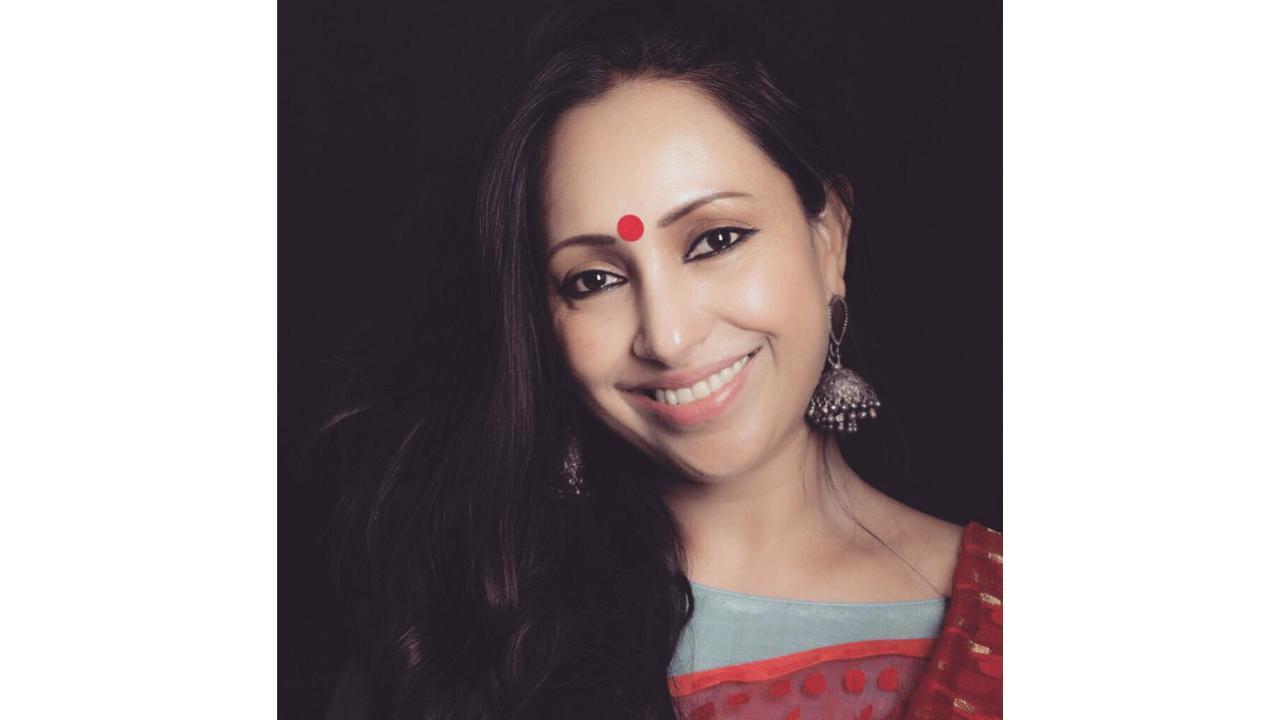.

Mohua chinappa
My identity as a caregiver began from the time I was playing with my toys, dolls and creating magic stories in my dollhouses. I was organising the infirmary I saw in my convent school. Today I ponder was it because I was born a girl? Was caregiving in families expected mostly from the female gender. Would I be different if I were a man?
ADVERTISEMENT
I have been a caregiver since the last 30 odd years.
As a caregiver to older parents for years, I have developed an inherent, invisible grit and steely courage. I had to be brave to take surrogate decisions of medical aid on their behalf. Those moments I juggled between commonplace knowledge of routine medicines and a huge leap of faith, but forever insecure of the consequences. I couldn’t help think that would a man do it differently from me? There was a constant need of relying for external approval in my head.
I have slept in fright over years as a caregiver. Like an octopus fear got embedded in my DNA. I have been frightened of nights, woken up multiple times, praying and hoping that all will be well tomorrow. Just leaning on to quotes like “tomorrow is another day”, however trivial, it is my strength.
In family structures we barely ever talk about the emotional well being of a caregiver. The impact it has on them on looking after patients is not discussed.
Caregivers equally suffer in this ordeal. They are the silent brave hearts in this equation of needles, anaesthesia, SOS drugs and a constant fear of losing the loved one.
I too as a caregiver remain exhausted and want to resign. But I think of caregivers of patients with dementia. What those caregivers must be going through? When your loved ones don’t recognise you any longer and I count my blessings.
As society is evolving, the family structure is constantly changing its dynamics. More and more children are leaving countries, cities, villages and towns. Old folks are left to fend and tend for themselves. These parents had not envisaged this scene of the lonely hospital corridors or the empty nests they had built with their sweat and blood. I meet many lonely geriatrics. As you look closer you can see the lost look in their eyes.
In all this comes the superman in the scene without the cape. These are the organisations that provide help for retired lonely old people battling diseases.
With development and migration there is an increasing need of personalised medical aid services. This superman without the cape becomes the protagonist in their saga.
For the patients it is a roller coaster ride of emotional distress, sometimes aggression and denial of the disease. Caregivers face the brunt of it all.
The superman service too remains for the socially affluent individuals who can avail the personalised medical facilities.
I shudder to think of poor women who are battling debilitating diseases. Because women even in a normal set up with diseases is considered redundant.
As I push my parent on the wheelchair, I notice an elderly couple holding hands and falteringly registering at the hospital reception. I find that they both are alone but together in their diseases.
After my parents checkup as I drive through the city, I look at the magnitude of busy human beings. They all are scurrying ahead like rats in a factory unaware of the inevitable.
I stare at the lights changing at the traffic signal. To me the red signal like a metaphor burns brighter.
My Ma and Baba today on 1st December 2021 complete 53 years of a tumultuous married life. But today the anniversary is very different. Each are in separate rooms recalling their childhood days. Both are intensely unwell and both seem like two lost children in a tunnel of middle class pressure met with self pain and compromises.
As a caregiver I can see the decline of their health and smell the futility of it all.
_Mohua is a writer, podcaster, voice artist and a brand specialist. Her writing is a take on life with its nuances. As she says “Writing found me desolate and kindly held my hand in its artistic togetherness.”_
Instagram - MoodyMo
 Subscribe today by clicking the link and stay updated with the latest news!" Click here!
Subscribe today by clicking the link and stay updated with the latest news!" Click here!







